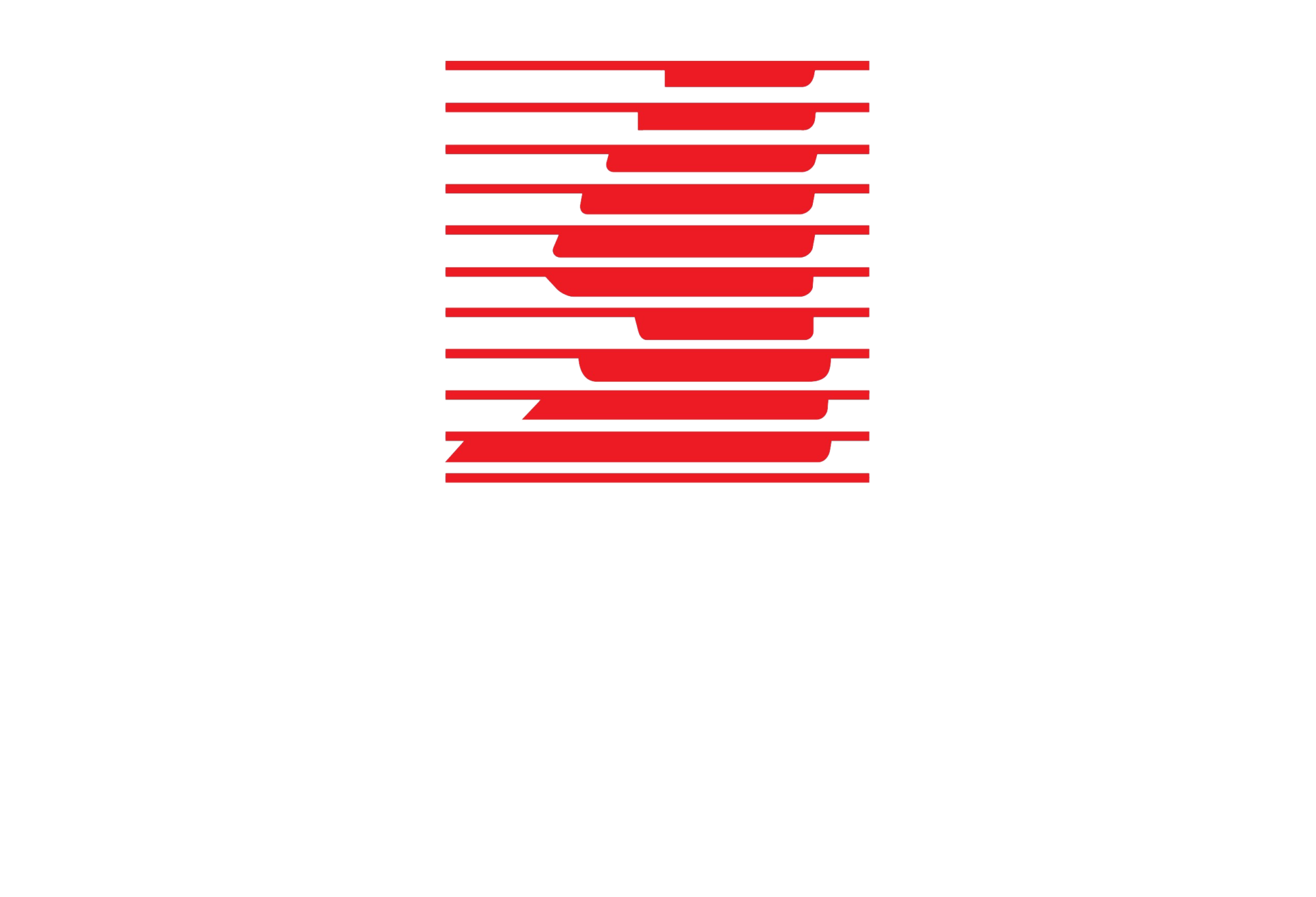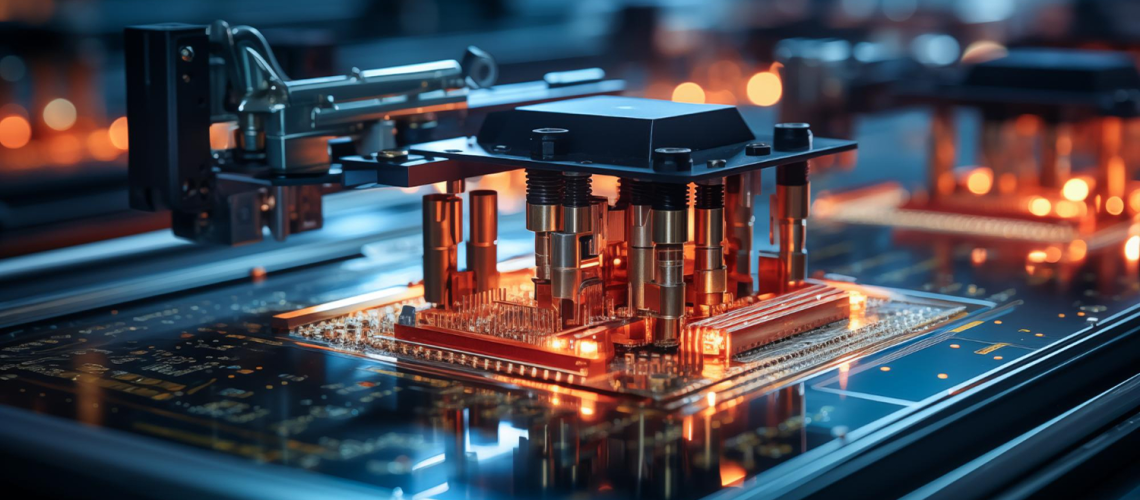Introduction:
The Internet of Things (IoT) is revolutionising industries by connecting devices and sensors to streamline operations and improve efficiency. This interconnected ecosystem provides businesses with real-time insights and automation capabilities that were previously unimaginable. This blog explores the transformative role of IoT in modern businesses, from strategy development to practical applications and future trends.
Introduction to IoT:
IoT refers to the network of physical devices embedded with sensors, software, and connectivity to exchange data. This technology bridges the physical and digital worlds, enabling smarter operations and informed decision-making. IoT adoption spans various sectors, from manufacturing and healthcare to retail and smart cities.
Developing IoT strategies:
A comprehensive IoT strategy is vital for maximising its benefits. This involves aligning IoT initiatives with business goals, identifying key use cases, and ensuring stakeholder buy-in. Successful strategies are built on a clear understanding of business requirements and a roadmap for implementation.
Implementing Innovative IoT Solutions:
IoT solutions vary widely across industries. In manufacturing, IoT enables predictive maintenance, reducing downtime and operational costs. In healthcare, IoT devices monitor patient health in real-time, enhancing care delivery. Retailers use the IoT for inventory management and personalised customer experiences. Case studies highlight the tangible benefits of these implementations.
Managing IoT ecosystems:
Managing a complex IoT ecosystem involves addressing several challenges, including device management, data integration, and security. Best practices include adopting standardised protocols, leveraging IoT platforms for centralised management, and implementing robust security measures to protect data integrity and privacy.
Benefits of IoT for Businesses:
- Improved Operational Efficiency: The IoT streamlines operations by automating routine tasks and optimising resource use. Real-time data enables proactive decision-making, reducing inefficiencies.
- Enhanced Customer Experiences: The IoT personalises services by gathering and analysing customer data. Businesses can offer tailored experiences, improving customer satisfaction and loyalty.
- Real-Time Data Collection and Analytics: The IoT provides continuous data streams, allowing for real-time monitoring and analytics. This capability supports immediate response to issues and informed strategic planning.
IoT and Automation:
Automation is a key advantage of the IoT. Connected devices can automate processes such as climate control, lighting, and security in smart buildings. In industrial settings, IoT automates machinery operations, improving productivity and reducing human error. These automated systems lead to significant cost savings and enhanced efficiency.
Future Trends in IoT:
The IoT landscape is rapidly evolving. Emerging trends include the integration of 5G technology, which will enhance IoT connectivity and performance. Advances in AI and machine learning will further drive IoT capabilities, enabling more sophisticated data analysis and automation. The future of IoT holds promise for even more transformative applications across industries.
Conclusion:
IoT is a game-changer for modern businesses, offering unprecedented opportunities for efficiency, innovation, and growth. By developing strategic IoT initiatives, implementing innovative solutions, and effectively managing ecosystems, organisations can unlock the full potential of this transformative technology. Embracing IoT not only enhances operational capabilities but also positions businesses at the forefront of technological advancement, ready to thrive in an interconnected world.

